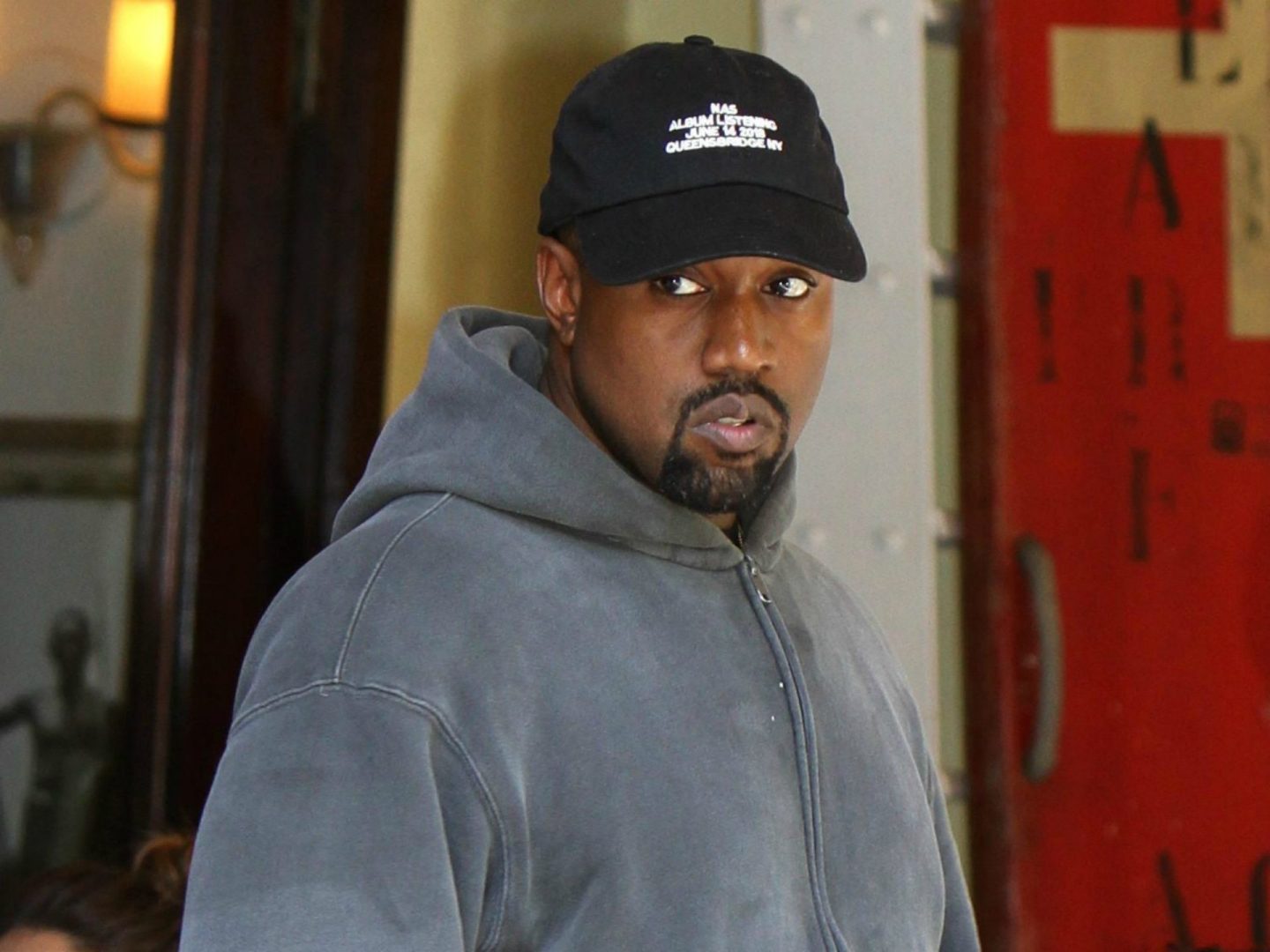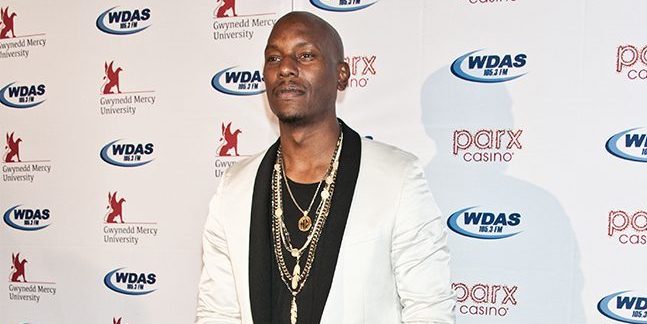
Cyntoia Brown, the former teenage sex slave who shot and killed her pimp and then was sentenced to 60 years in prison, has been finally granted a clemency hearing.
The gut-wrenching story of #CyntoiaBrown went viral last fall after viewers saw the damning documentary Me Facing Life: Cyntoia’s Story. Brown was arrested, indicted and tried as an adult for murder at 16 years old for shooting and killing the man who used her as a sex slave.
Brown was sentenced to six decades of hard prison time — and is not even eligible for parole until 51 of the 60 years have been served.
This case is, for most observers and pundits, a heinous miscarriage of justice. Brown was a child and was kidnapped and forced into this horrific life of selling her body to strange men.
Multiple celebrities have taken up Brown’s cause, including rap royalty Snoop Dogg and T.I., singer Rihanna and reality TV star Kim Kardashian. The star of “Keeping Up With the Kardashians” has been very vocal about this case. Kardashian has even volunteered her lawyer and ordered him to look into the case to see if there was any other way to get justice for Brown.
The good news is that it was just announced that Brown was granted a clemency hearing for her case on May 23, according to The Tennessean. Brown’s petition will be heard in front of the Tennessee state Board of Probation and Parole, who will then determine whether she will be released from the Tennessee Prison for Women.
“It is up to the governor to decide the process after we make our recommendation,” Melissa McDonald, a spokeswoman for the state Board of Probation and Parole, told the newspaper. “The governor may act on it or choose not to act.”
Brown’s longtime advocate and attorney Jeremy Faison had been petitioning Governor Bill Haslam for a pardon. It is Haslam’s final year in office and Brown’s supporters hope the governor will grant Brown a pardon on his way out.
In all, Faison believes that it is looking promising his client will be released.
“I would like to tell you that I think the odds are good,” Faison said. However, he acknowledges that “it is hard to get the government to admit they are wrong.”














